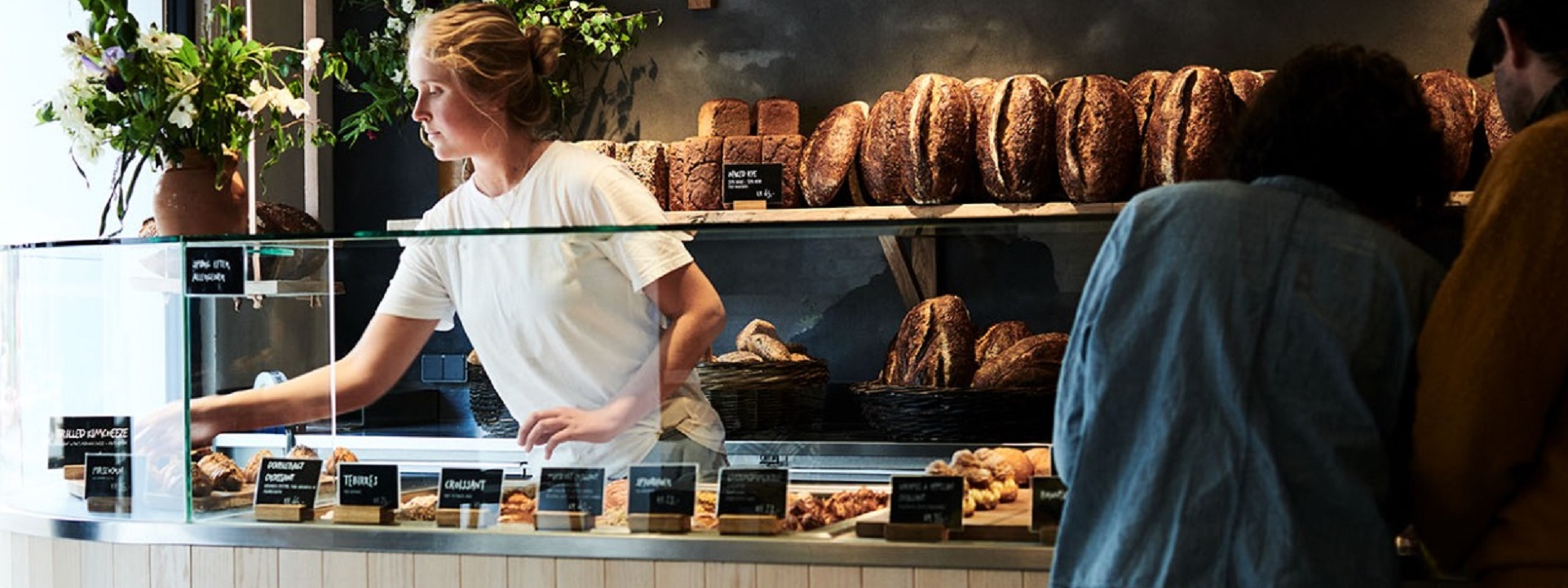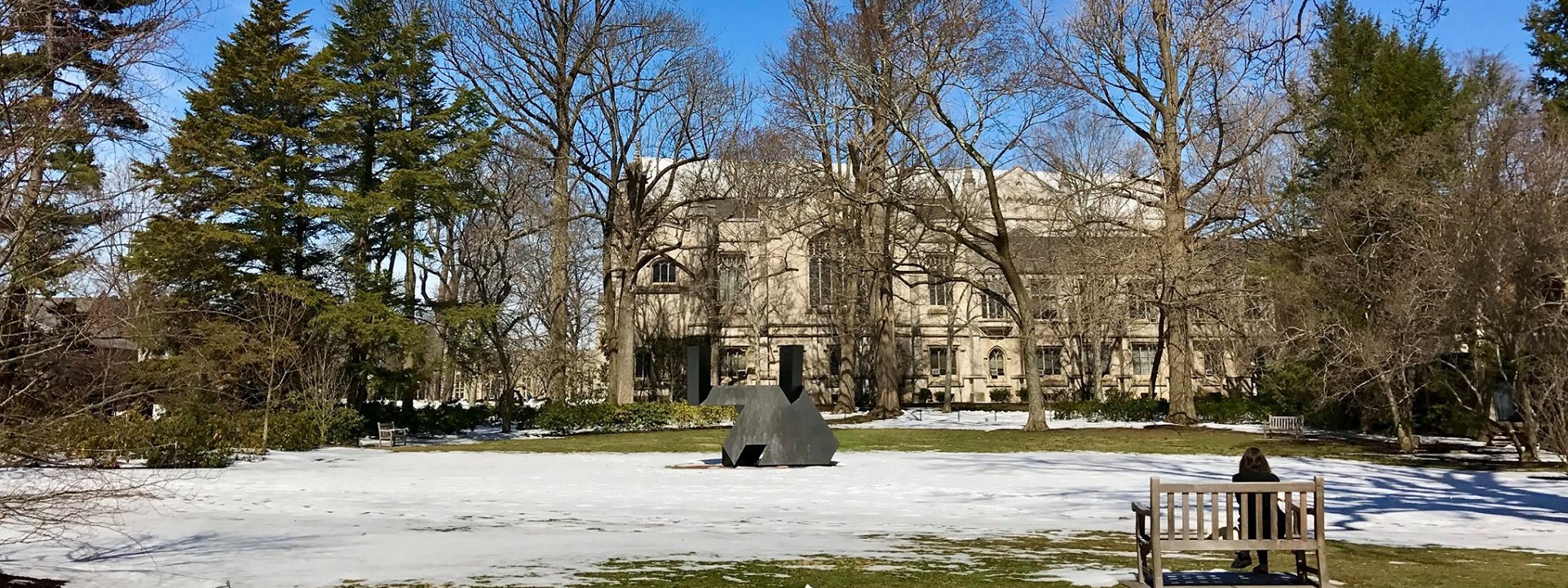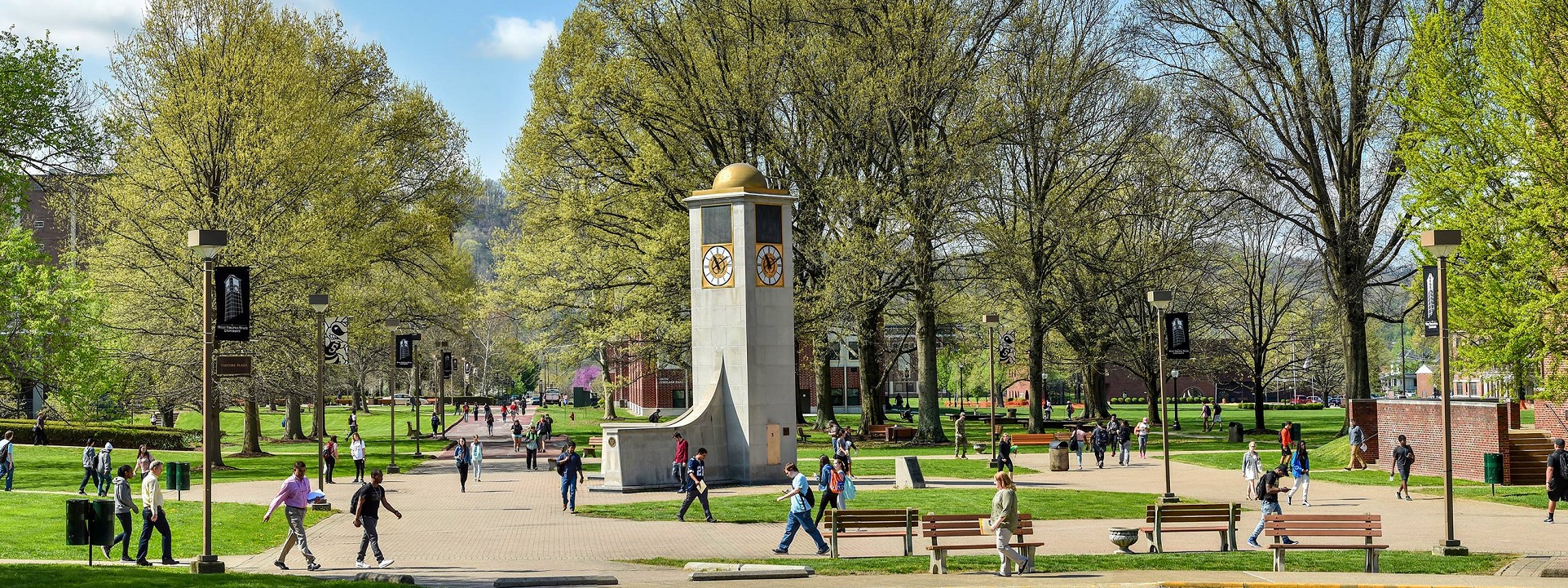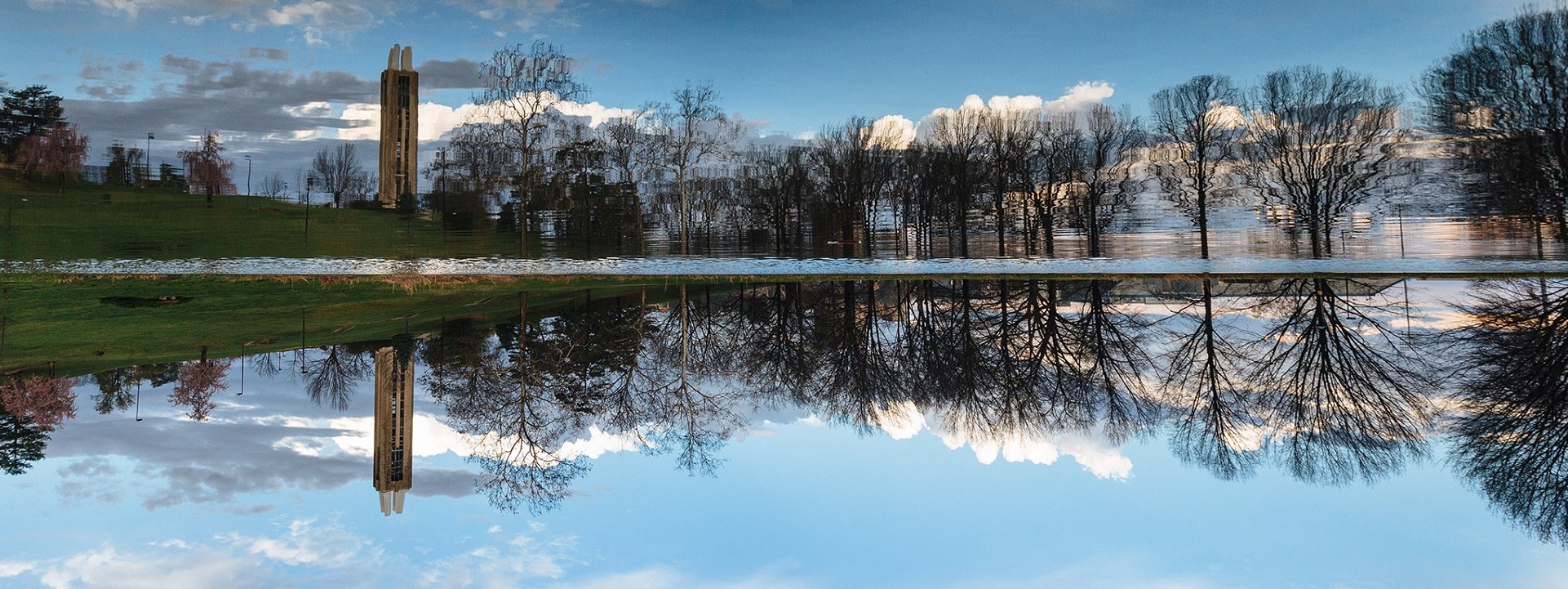ALWAYS ON
Kentucky Hot Brown
An American hot sandwich originally created at the Brown Hotel in Louisville, Kentucky, by Fred K. Schmidt in 1926. It is a variation of traditional Welsh rarebit and was one of two signature sandwiches created by chefs at the Brown Hotel shortly after its founding in 1923. Also known as "The Heartstopper"; covered here by Kentucky Educational Television; the state's "largest classroom" which serves 2 million people.
Six Week Priority
For the entirety of March, and until April 9th, we focus on preparing response to proposed changes to the IEEE 2028 National Electrical Safety Code, and to prepare fresh new ideas for the 2028 NFPA National Electrical Code. Topics coverage normally scheduled for this time of year will be accessible but our daily online meetings will start with work on those two standards. To join the "code-writing and vote-getting" use the login credentials at the upper right of our home page.
Bulletin Board
Curated updates posted by global standards developers.
Clearance Envelopes
In the search for space to build a new building, sometimes the power lines come first.
Quadrivium: Winter
Educational settlements should be magical places. The stack informing the beauty of these "cities-within-cities" changes 100 to 1000 times per day globally. Titles are time-sensitive, copyright protected and land in public law. We monitor the action continuously to formulate response to public consultations. Topics appear on our CALENDAR and explored every day at 16:00 UTC. Recommend refresh of this web page once or twice to see timeliest information.
International Zoning Code
"The purpose of the code is to establish minimum requirements to provide a reasonable level of health, safety, property protection and welfare by controlling the design, location, use or occupancy of all buildings and structures through the regulated and orderly development of land and land uses within this jurisdiction...." Today we explore how data center antagonists use zoning codes to impede the rollout of artificial intelligence.
MRS Degree
"Sometimes Education Will Help You Lead The Life That You Really Want To Lead: Factors Influencing Undergraduate Women’s Motivation To Pursue A Bachelor’s Degree" -- 2021 Dissertation by Debra Lynne Radi
Current Issues & Recent Research
We examine the proposals for the 2028 National Electrical Safety Code; including our own. Public comment on proposed changes will be received until March 24th. The 2026 National Electrical Code which has recently been released for public use (public input on the 2029 revision will be received until April 9, 2026).
Ring by Spring
The "MRS degree" is a colloquial phrase that describes women who attend college primarily to find a find a husband over career goals; ideally pairing with a college educated man who is likely to have strong earning potential to support family formation. CSU offers an accredited bachelor's degree program for this objective and provides teaching skills for others pursuing this objective.












